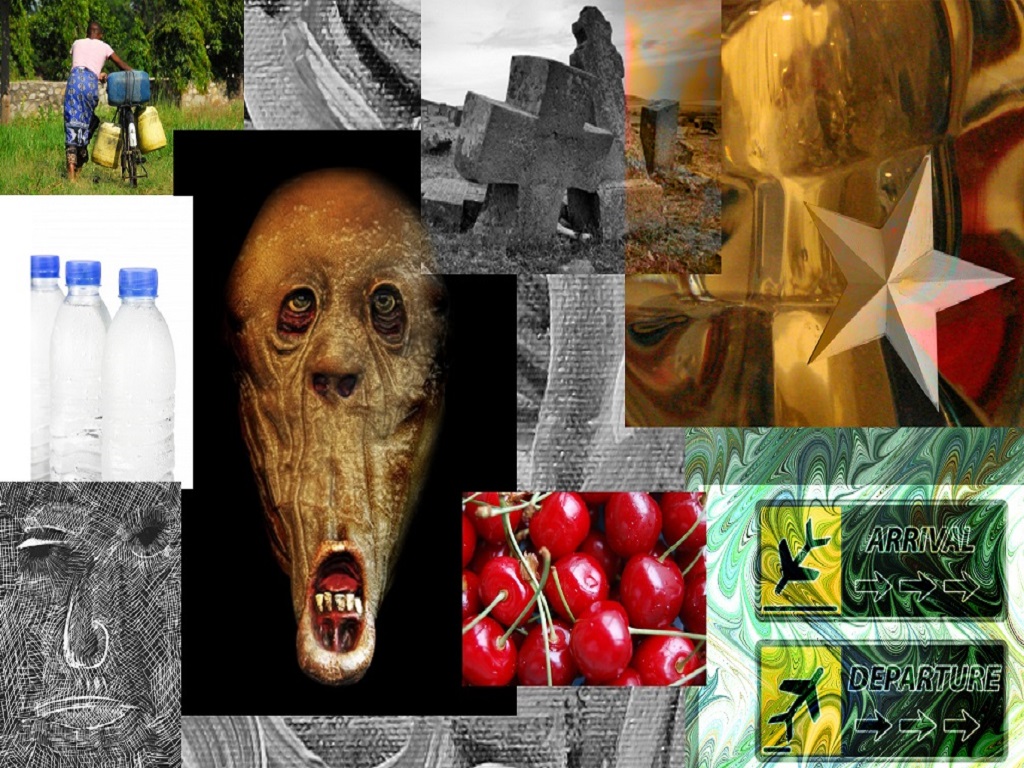Managing the Wreck

Life is a wreck, a crash, an accident in process.
At the end of the working (or even non-working) day all of us would love to know that our books are balanced, that the sun will set (and rise) as it always has – and that all is well in our Voltairian best-of-all-possible worlds. Dr. Pangloss is an eternal optimist.
He’s French, so he has to be.
Humanity has risen to the top of the food chain – apparently – because it has elevated the art of self- and other-deception as the most important skill for survival and success. We want to be deceived (Mundus Vult Decipi, as they say in Latin) and many people will be quite happy to deceive you.
Hey, they are only trying to help you.
Meh.
What was once simply one among many traits of the overall adaptive strategies humans employ to survive, self- and other-deception is now the fundamental “truth” of human existence. Lies bring power. The bigger, the better. Truth is relative you are told.
Horse hockey – Truth is not relative.
Many adaptive strategies embrace deception and lying, confirming the erroneous belief (IMHO) that only a truly clever person could achieve success with such techniques. Sophistry is the use of fallacious reasoning, tricks of speech, and errors of logic to confuse, confound, and win arguments.
Politicians are, almost without exception, practiced Sophists. Just follow the news to confirm this for yourself.
You cannot escape the debacle of the smashing conclusion of the crash which is your life. That is to say, the crash which always ends in the demise of the driver.
However, the extent to which you enjoy your life and derive pleasure from it (while the wreck is happening) is directly and inextricably correlated to how well you manage and control the ongoing wreck that is an individual life.
Of course, as with anything in the “real” world — you are subject to the vagaries and variables which swirl around all of us like some noxious cloud that repeated waving of the hands fails to dissipate.
One such irritating variable — the wreck of our lives is always controlled by other people long before the “wheel” is ever handed over to us.
So, this means that not only must we learn to manage the crash on our own, but we must recover from the often poor handling of the previous driver, be they mother, father, friend, State, or other.
If we are fortunate, the crash was skillfully managed by the previous controller and when we are handed “the wheel” we can maintain a modicum of direction. Scalar and vector.
I must state, though, that words like “controller” and “control” simply do not convey the exact nature of what I want to say. The trick is to slow down the crash, reduce the rate of speed — if you will — so that while you, the controller (within your frame of reference) are living and enjoying every moment, the accident is happening so slowly around you you don’t even notice.
The last thing you want to do is to become so enamored with the crash’s net result that you initiate behavior to precipitate or accelerate the end or – worse – forget to enjoy the very act of driving (living).
It’s rather like watching a basketball game and some player is making every shot he or she takes. The announcer makes a remarkably astute commentary about it by saying, “That player is unconscious!”
Zen me.
In truth, the best results in life are often achieved if we don’t think about it too much. Sometimes, the more you fight for control, the worse the crash becomes. Often it is best to simply drive “into” the crash and not work against it.
However – this is critical – this does not mean ignorance is bliss and that we should relinquish our free will and let the State or any external entity drive and control our lives.
Self-determination is the key to happiness. Pay attention or you will pay a stiff price indeed – lost freedom and a vanished individuality.
Focus on the moment with an eye to achieving specific realist goals and the crash is relegated to the background, the periphery of reality.
Unless you allow the State or an external entity to be in charge. That is most definitely a DUIO violation – “Driving Under the Influence of Others.”
If you are going to have to endure the final wreck yourself (which you most assuredly will), then you ought to be the one driving – all the time. Don’t fight the crash – embrace it.
Who knows – you might even be able to drive around it. Maybe put it on auto-pilot and embrace the joy of everyday living. Get out and walk.
Perhaps an actual crash is not the end.
The Universe is full of strange things.
As for me, I’m walking right now, but I might break into a trot…
Enoch
